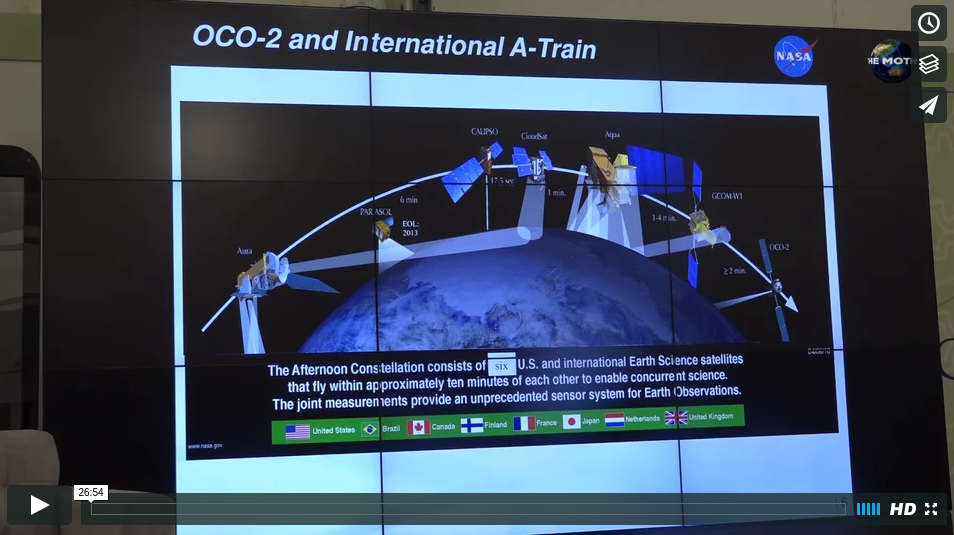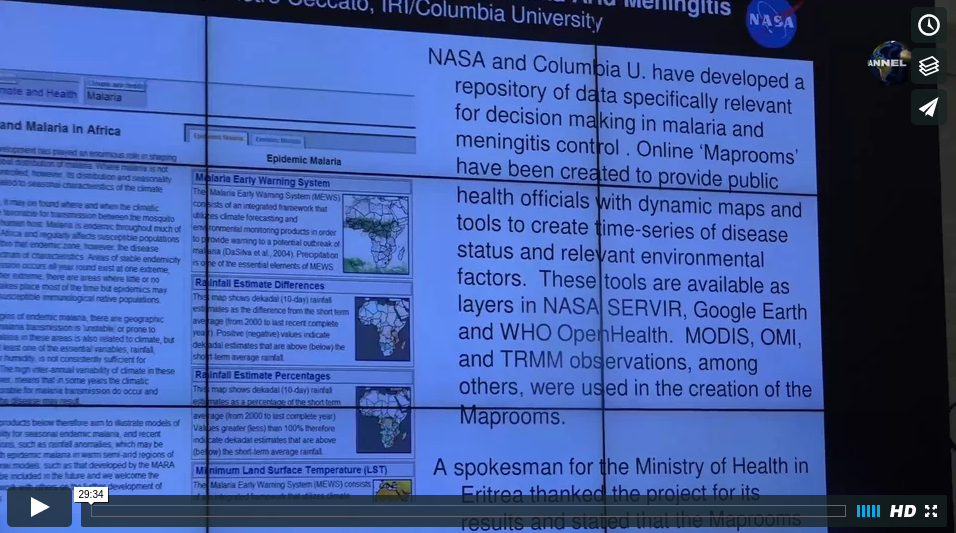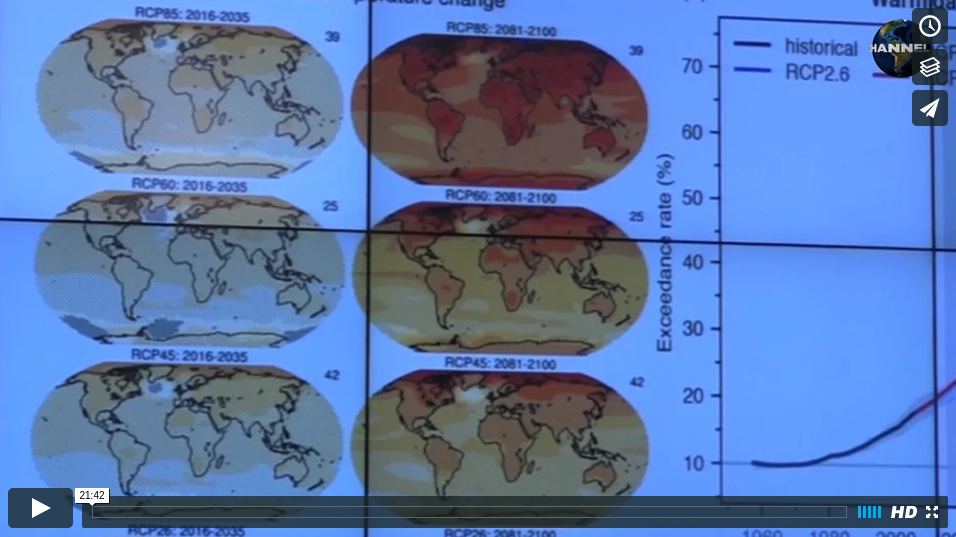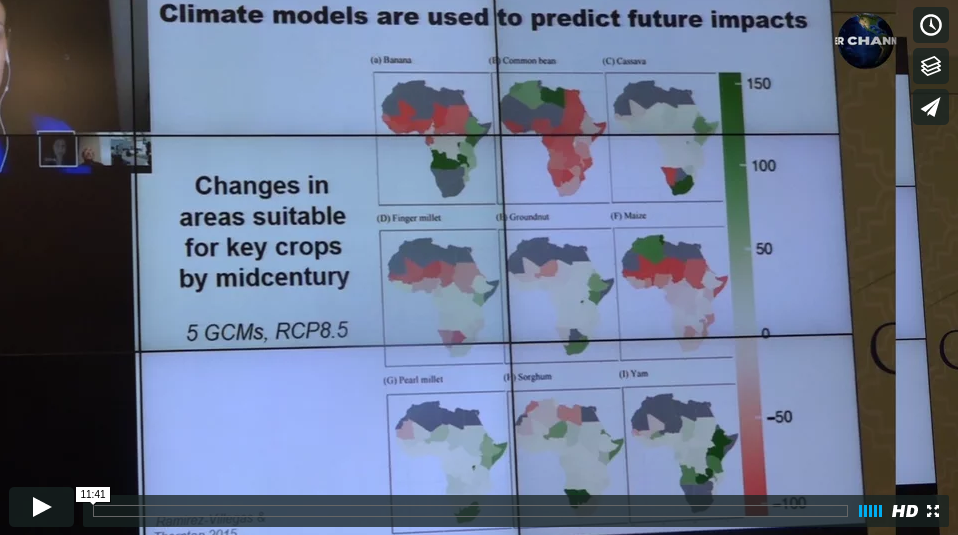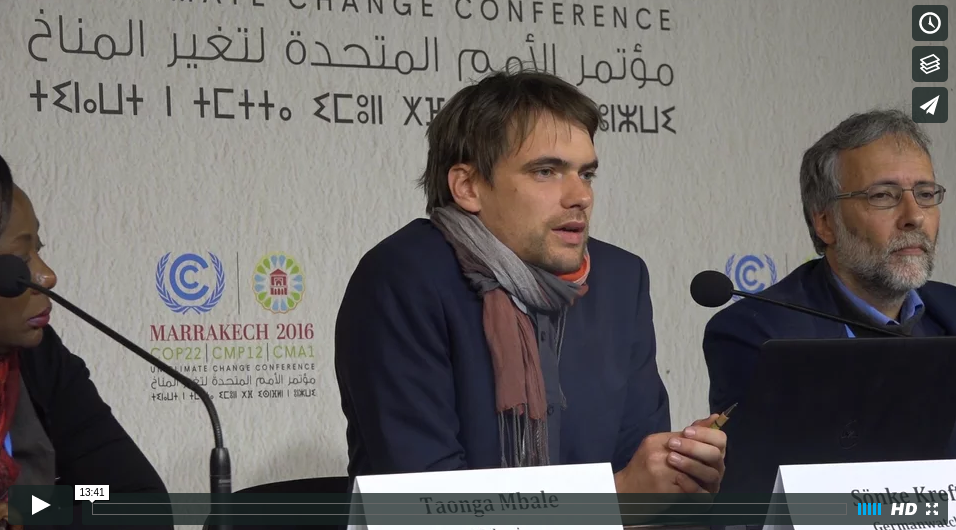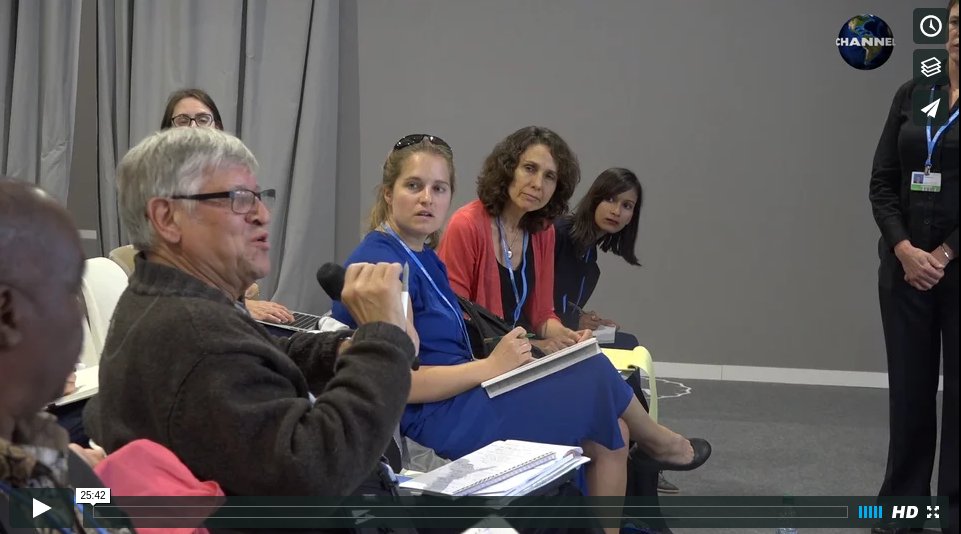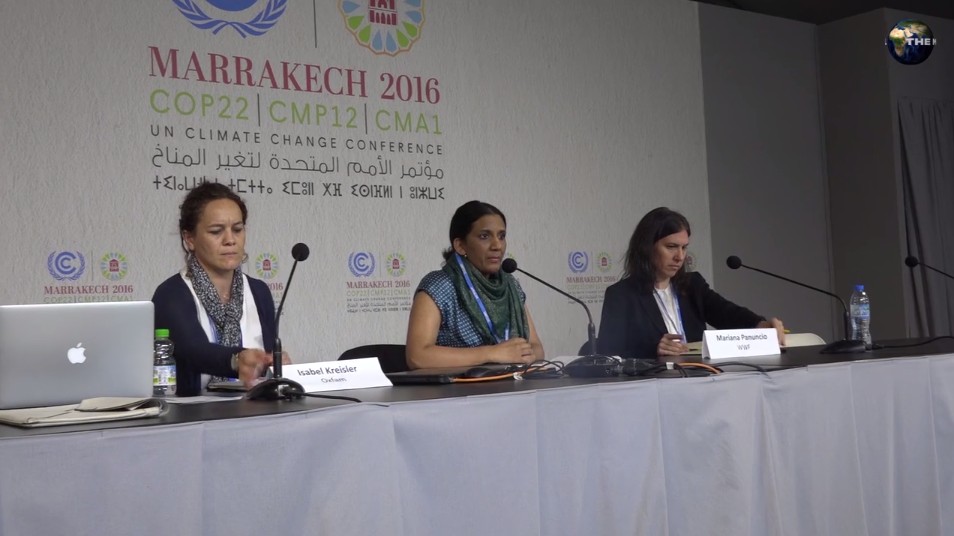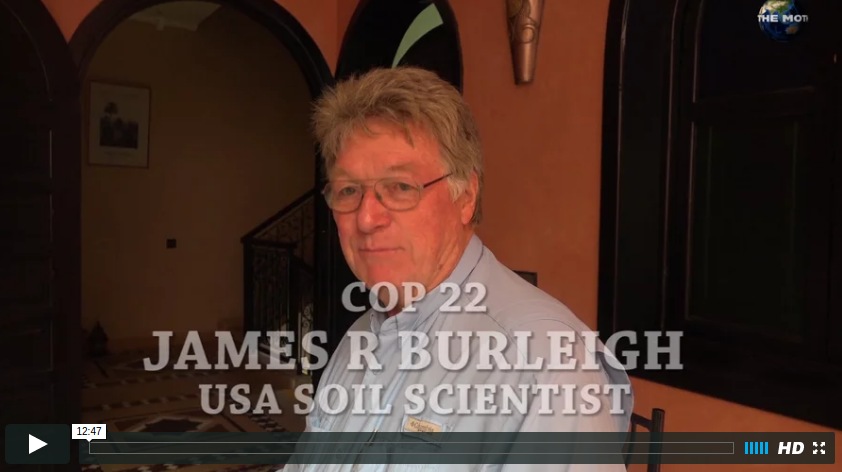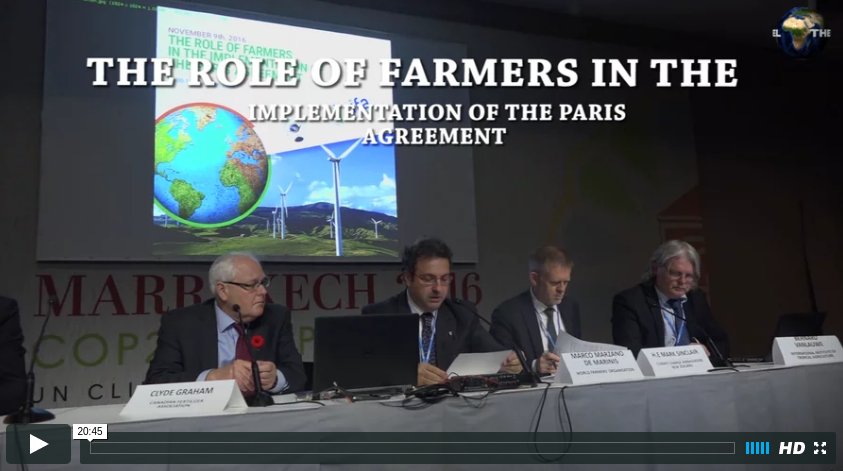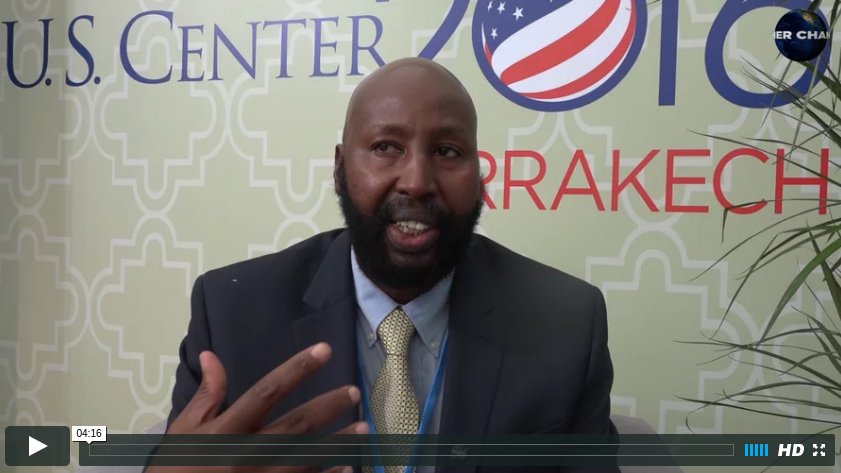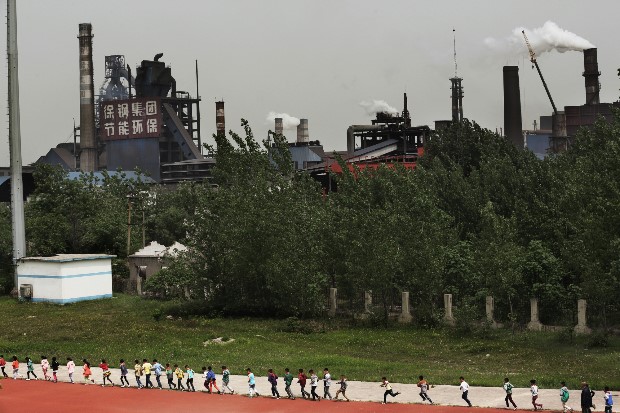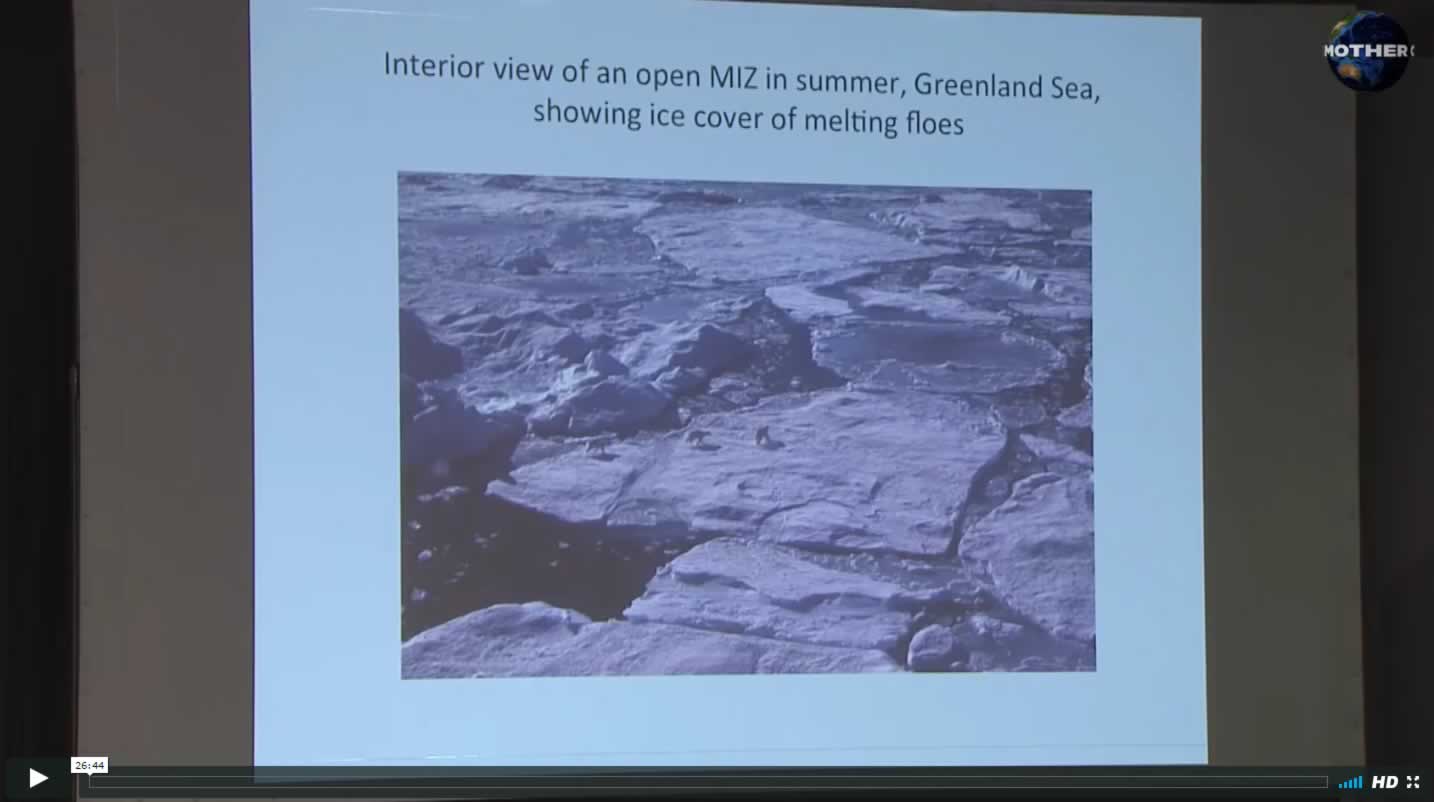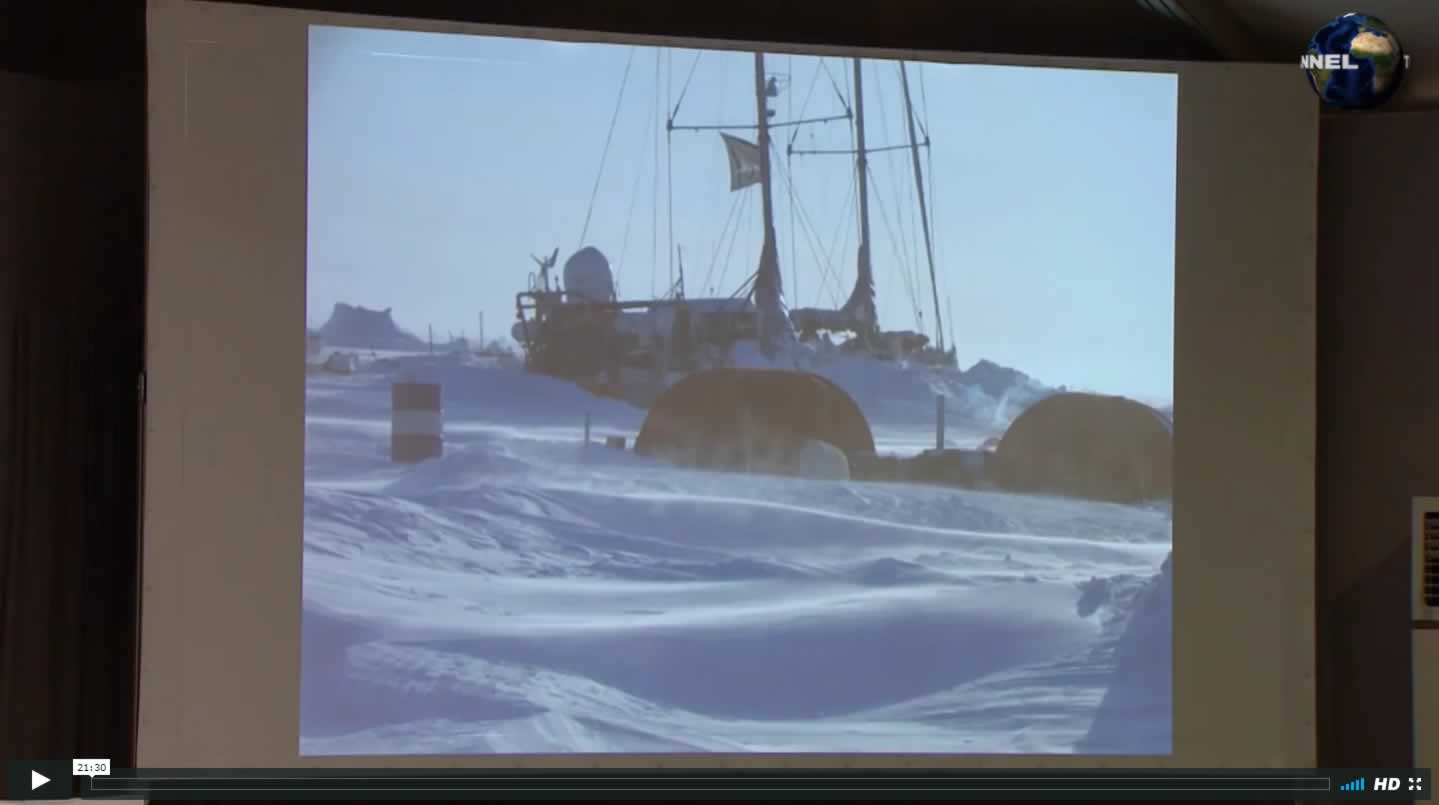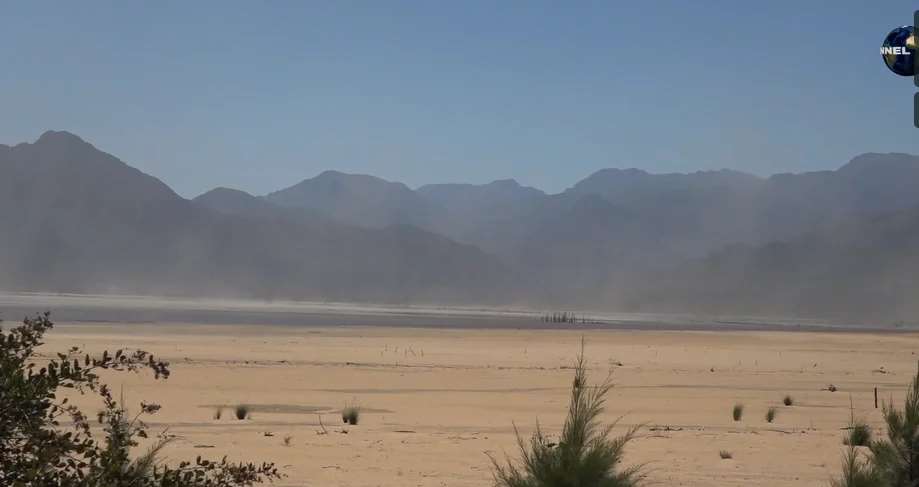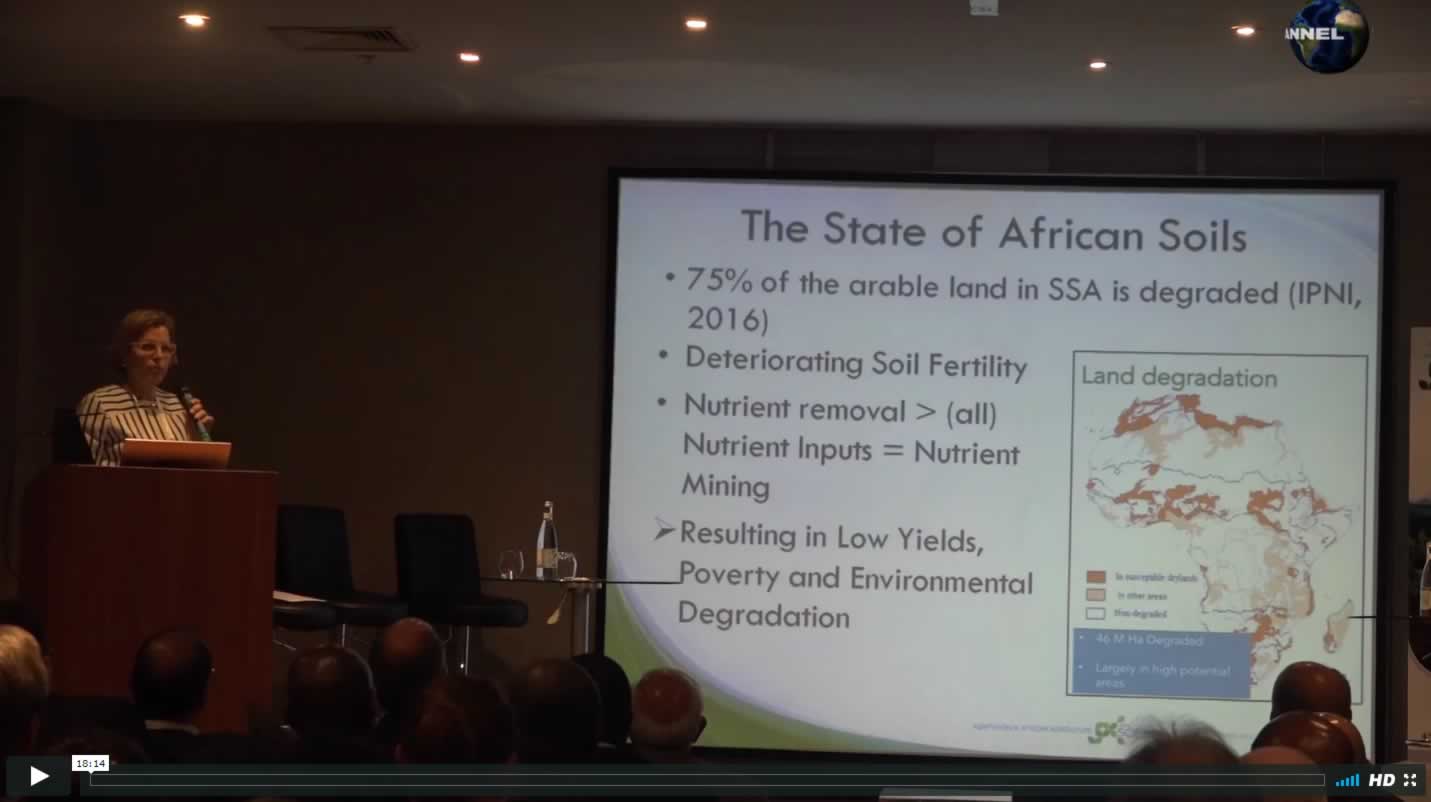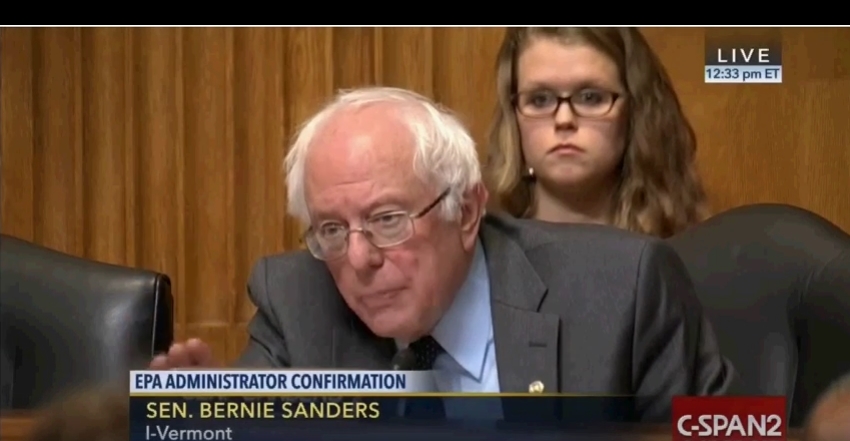- Live Stream
- Climate Change
- ENN
- Environmental Info
- Green Business
- Green Solutions
- Beautiful World
- Categories
- Articles
- Arctic & Glaciers
- Polar Regions and Glacier Reports
- Ethical Dimensions
- Global Warming
- Peatlands & Wetlands
- ENN – The Environmental News Network
- Agriculture
- Chemicals
- Conservation
- Fish Crime
- Forests
- Health
- Mountains
- Oceans
- Energy
- Money
- Green or Gone
- Nutrition
- Permaculture
- Various Solutions
- Powerful
- Watch This
- Water
- Breaking News
- Series ENN
COP 22 Methane Emissions in Livestock ~ Managing Impacts
A Q&A Discussion Panel of experts from Uruguay, Indonesia, Ethiopia, Costa Rica and Brazil, address the issues of mitigation impacts in livestock production systems and share how they are managing their measurement, reporting and verification (MRV) systems in terms of livestock emissions and to identify practical innovations for the collection and coordination of activity data […]
CLOSE

